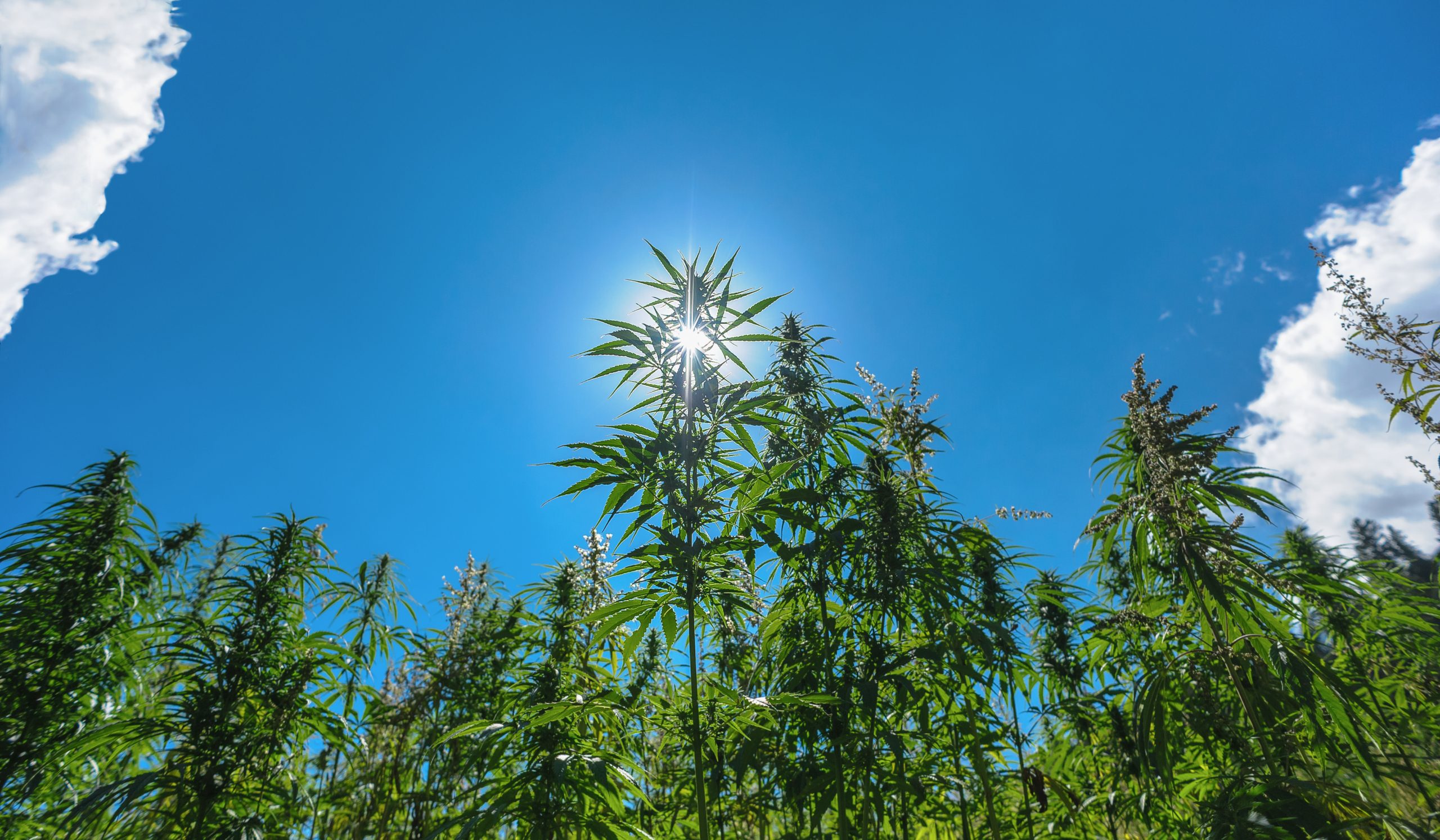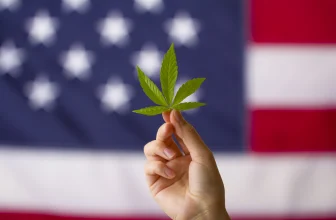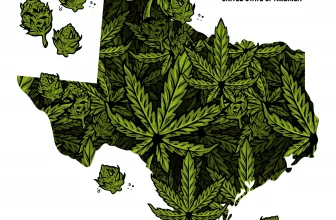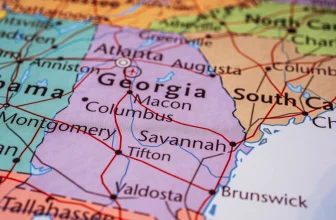
It’s been a week of highs and highs in the world of cannabis. We’re seeing billion-dollar sales figures, lots of movement in the federal government, and policy changes within the NBA. So buckle in for a quick round-up of the week’s top news stories.
1. Illinois has sold a billion dollars worth of weed so far in 2021
Illinois is a state of around 12 million people, but they seem to be pretty big fans of ganja because so far, in 2021, the state has logged $997,067,100 of adult-use marijuana transactions. Keep in mind that these figures come from sales through the end of September.
That means the state has likely already passed the billion-dollar mark. In September alone, $121,717,709 of marijuana sales took place for 2,702,260 recreational cannabis products. While that figure is slightly lower than the $128 million figure for August, remember that Lollapalooza — the massive Chicago music festival — took place that month.
2. Merrick Garland is being urged to deschedule cannabis
Attorney General Merrick Garland has received a letter from Senators Cory Booker (D-NJ) and Elizabeth Warren (D-MA) urging him to remove cannabis from the list of Schedule I controlled substances. In their letter, the senators cited ongoing legislative movement toward federal legalization as well as the disproportionate effect marijuana prohibition has had on communities of color.
Other governmental agencies like the DEA have also shown an evolving attitude toward cannabis. In the past, Garland has deferred to the DEA for such decisions; as Attorney General, however, it can be legally argued that he has the right to take action himself.
3. The NBA will forego testing its players for cannabis in the 2021-22 season
Last season, the National Basketball Association (NBA) made waves when it announced it would not perform random drug tests for cannabis among its players. That decision will continue this season.
Though cannabis remains on the list of prohibited substances in the league’s official documentation, the decision not to test resulted from negotiations between the players’ association and the league. According to Adam Silver, NBA Commissioner, the move could become permanent. The NBA will continue testing for drugs like opioids, cocaine, and methamphetamine, which are considered drugs of abuse and potentially performance-enhancing.
4. The first cannabis antitrust case awards $5 million to plaintiff RCCC
In Richmond, California, medical cannabis group Richmond Compassionate Care Collective (RCCC) has won $5 million in the country’s first cannabis antitrust suit. The defendants, Richmond Patient’s Group (RPG), were accused of blocking RCCC’s access to commercial properties in a city where local ordinances only permit cannabis dispensaries on a limited number of sites.
RPG was accused of petitioning landlords not to rent to RCCC by a number of means, including fake leases, door-to-door campaigning, and non-compete clauses.
5. Oklahoma advocates have filed 2022 ballot initiatives for adult-use marijuana
In 2022, Oklahomans may have the opportunity to vote on legalizing adult-use marijuana. According to Jed Green, the co-founder of Oklahomans for Responsible Cannabis Action, such a petition is a necessity since the Oklahoma legislature has been slow to move on cannabis use.
If the initiatives get voted into action, a new oversight agency called the Oklahoma State Cannabis Commission would replace the current one and provide better transparency across the state’s various cannabis markets.
Presently, the Oklahoma Health Department is the oversight agency for cannabis. The petition itself is called the Oklahoma Medical Marijuana Enforcement and Anti-Corruption Act and would legalize sales and possession by adults 21 and older in the state.
6. A majority of southern Oregon’s hemp farms are out of compliance
The Oregon Liquor and Cannabis Commission (OLCC) just released a report revealing that 54% of the state’s hemp farms are growing THC-rich hemp. Hemp has a legal limit of 0.3% THC federally, but Oregon set an absolute upper limit of 5% THC for such inspections. Other farms were found to be diverting water supplies, housing farmworkers inside greenhouses, and operating without bathrooms.
The findings by the Oregon Department of Agriculture and OLCC show that there are also commercial-scale illegal cannabis operations happening across southern Oregon. While some of the high-THC crops may simply be due to faulty seeds, those testing over 5% THC could be intentionally grown.






